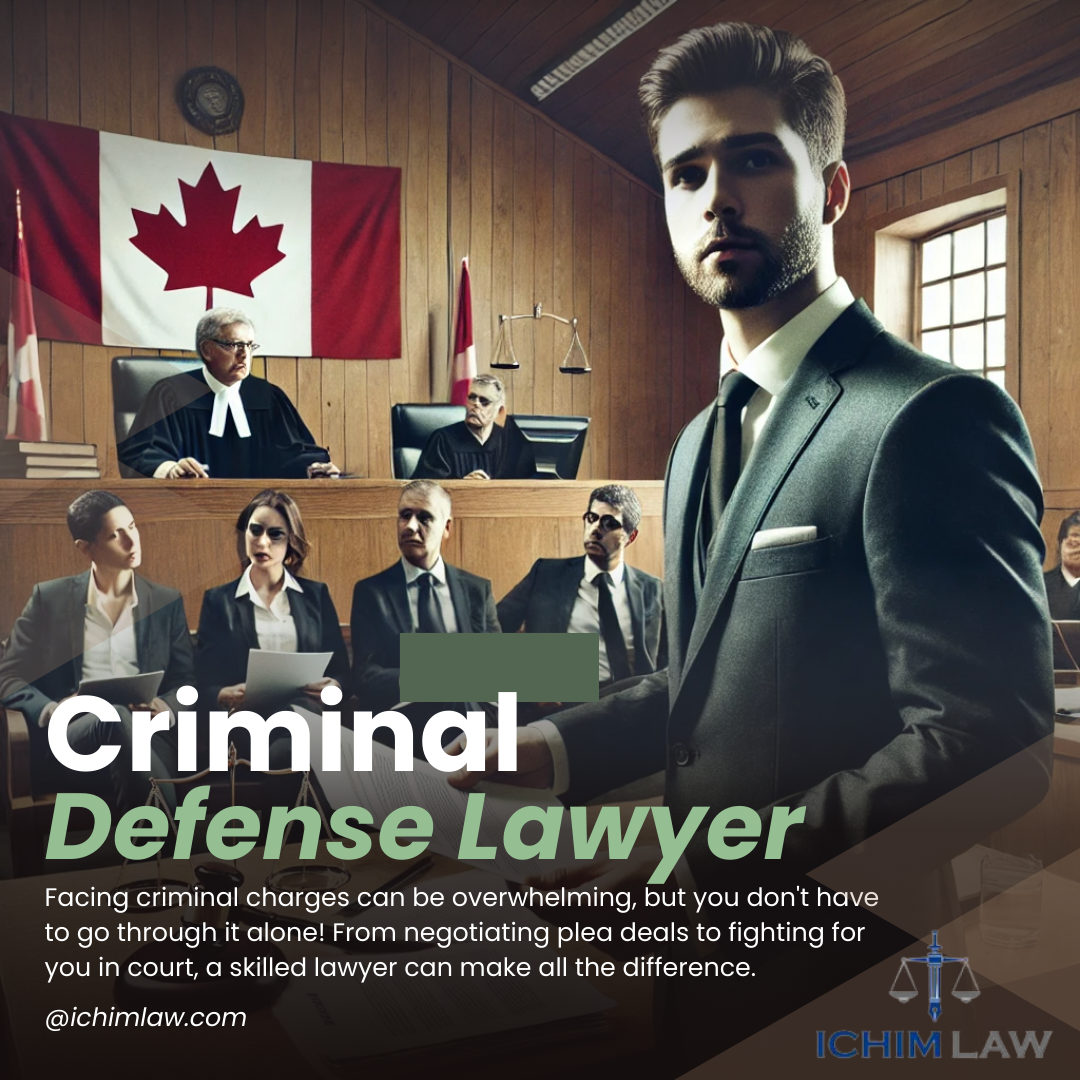When you’re facing criminal charges, one of the first and most important steps you should take is finding a skilled criminal lawyer to represent you. Criminal charges, whether minor or severe, can have life-changing consequences, affecting everything from your personal reputation to your future employment prospects. A good criminal lawyer plays a crucial role in defending your rights and guiding you through the complexities of the legal system. Their expertise, experience, and ability to develop a strategic defense can make all the difference in the outcome of your case. But what exactly does a criminal lawyer do, and why is their role so essential?
Understanding the Role of a Criminal Lawyer
A criminal lawyer is a legal professional who specializes in defending individuals or organizations accused of committing criminal offenses. Their primary duty is to ensure that their client receives a fair trial and that their rights are fully protected throughout the legal process. This role is not just about standing up in court; it encompasses various responsibilities that begin well before any trial date is set. From reviewing the case details to formulating a robust defense strategy, a criminal lawyer is your advocate at every stage of the legal proceedings.
Criminal defense lawyers handle cases ranging from minor offenses like misdemeanors to serious charges such as felonies. Regardless of the nature of the charges, a criminal lawyer is essential in assessing the evidence, understanding the intricacies of the law, and identifying any potential defenses that could lead to reduced charges or even a dismissal of the case.
Key Responsibilities of a Criminal Lawyer
- Case Assessment: The first step in any defense is a detailed case assessment. A criminal lawyer will thoroughly examine the charges, the available evidence, and any legal issues that may be present. This is where their expertise in criminal law becomes crucial. The lawyer will identify any weaknesses in the prosecution’s case, such as improper police conduct, weak evidence, or violations of your constitutional rights. By understanding the strengths and weaknesses of both sides, a criminal lawyer can begin formulating a defense strategy that aims to achieve the best possible outcome for you.
- Developing a Defense Strategy: After assessing the case, a criminal lawyer will develop a tailored defense strategy. Every criminal case is unique, and the defense will depend on the specific facts of the case, the nature of the charges, and the available evidence. In some instances, this could mean challenging the legality of a search or arrest. In other cases, it might involve disputing the credibility of witnesses or presenting an alibi. The criminal lawyer will craft a defense that seeks to undermine the prosecution’s case and raise reasonable doubt in the minds of the jury or judge.
- Negotiating Plea Deals: Not all criminal cases end up in court. In fact, many are resolved through negotiation between defense lawyers and prosecutors. A skilled criminal lawyer will engage in plea bargain negotiations on your behalf. If the evidence against you is strong, your lawyer may be able to negotiate for a reduced charge or a lighter sentence, sparing you the uncertainty and stress of a trial. An experienced criminal lawyer knows how to leverage the facts of the case and their knowledge of the law to secure the most favorable deal possible.
- Representing You in Court: If your case does go to trial, a criminal lawyer is essential in providing you with strong representation in court. They will be responsible for presenting your defense, cross-examining witnesses, and delivering arguments that challenge the prosecution’s case. Courtroom proceedings can be daunting and complex, but a criminal lawyer will navigate these intricacies on your behalf, ensuring that your defense is presented clearly and persuasively. A seasoned criminal lawyer knows how to handle the pressure of a courtroom and how to present evidence in a way that can sway the outcome of the trial.
- Providing Legal Guidance: Throughout your case, a criminal lawyer will serve as your advisor. They will explain your legal rights, inform you of the potential outcomes, and help you understand the steps of the legal process. Their advice is invaluable when it comes to making critical decisions, such as whether to accept a plea bargain or proceed to trial. A good criminal lawyer will make sure you fully understand your options, giving you the confidence to make informed decisions about your future.
- Protecting Your Rights: One of the most important roles of a criminal lawyer is protecting your constitutional rights. From the moment you are arrested, you have rights that must be respected, including the right to remain silent and the right to legal representation. Your lawyer will ensure that law enforcement and prosecutors respect these rights and will challenge any violations that occur. Protecting your rights is a key part of building a strong defense and can often lead to evidence being dismissed or charges being reduced.
When to Contact a Criminal Lawyer
If you find yourself facing criminal charges, it is critical to contact a criminal lawyer as soon as possible. Early intervention allows your lawyer to begin building your defense and gathering evidence right away, which can be crucial for the success of your case. Delaying legal representation can limit your options and make it harder to achieve a favorable outcome.
At Ichim Law, we understand how stressful and overwhelming facing criminal charges can be. Our experienced team is dedicated to providing expert legal representation and ensuring that your rights are fully protected. Whether you are dealing with minor charges or more serious allegations, our goal is to secure the best possible result for you. If you or someone you know is in need of a skilled criminal lawyer, don’t wait—reach out to Ichim Law today to schedule a consultation.

